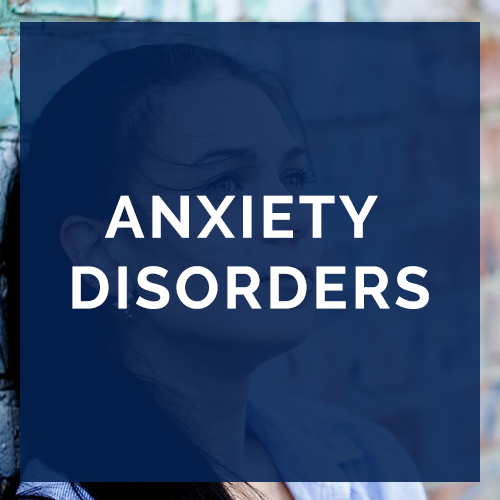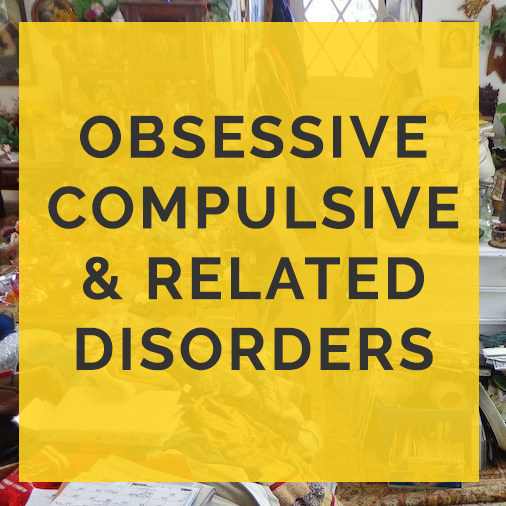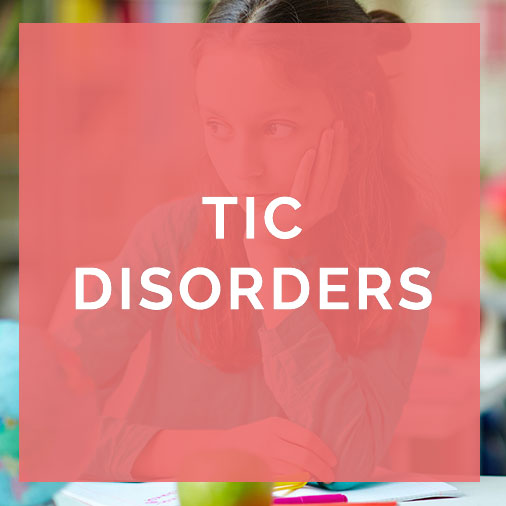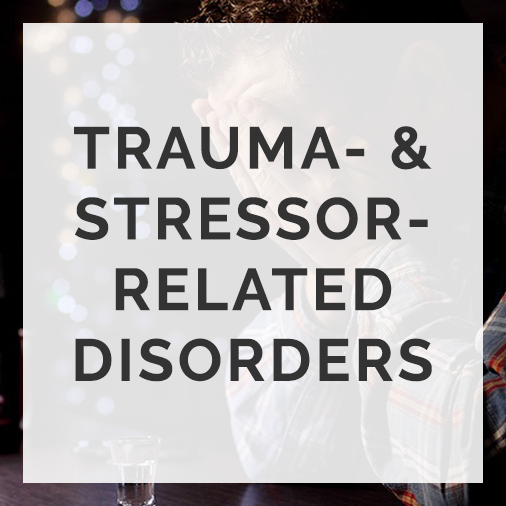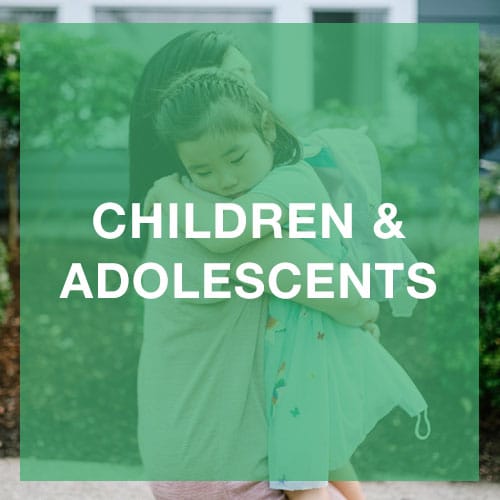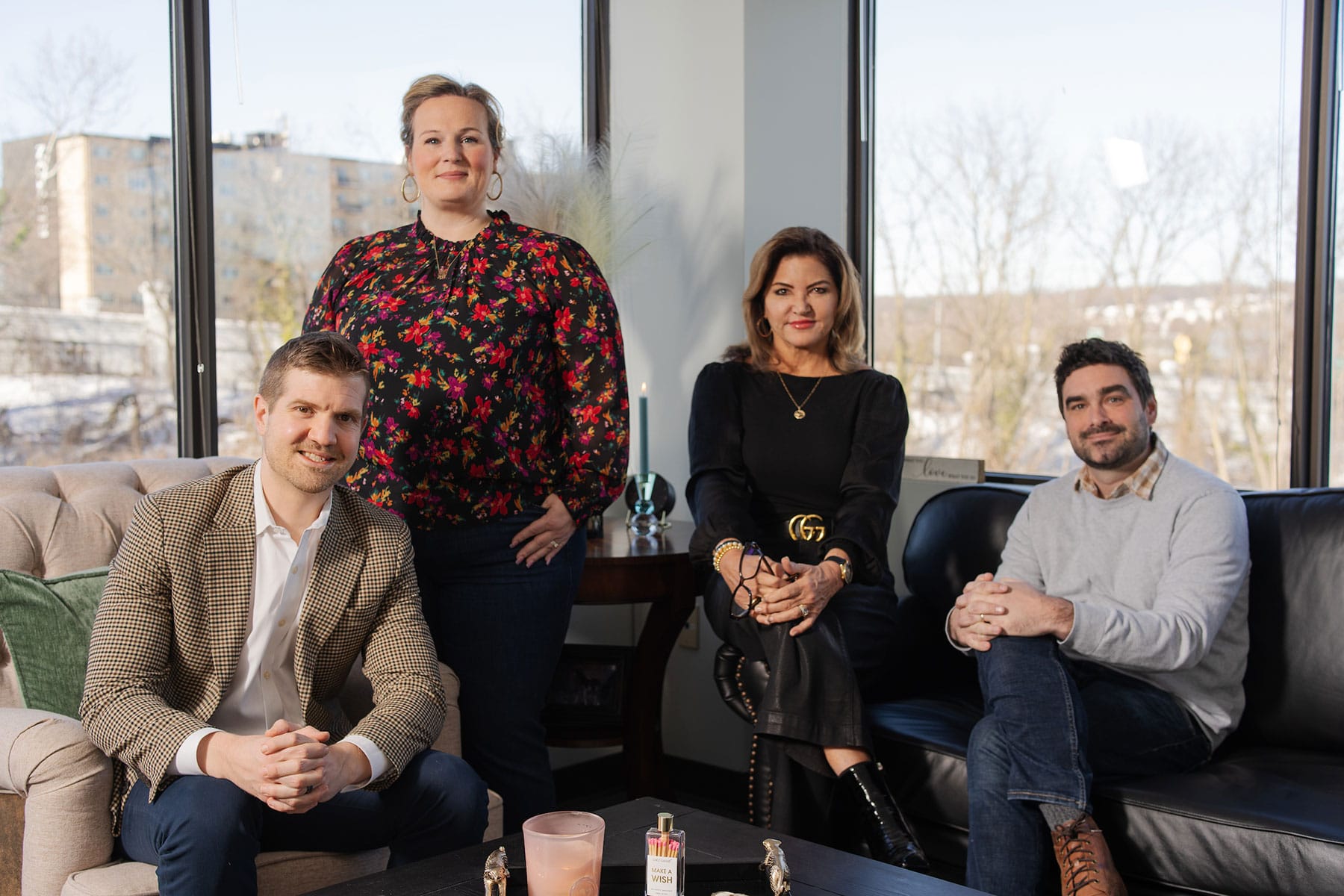
Andrea G. Batton, LCPC | Clinical Director
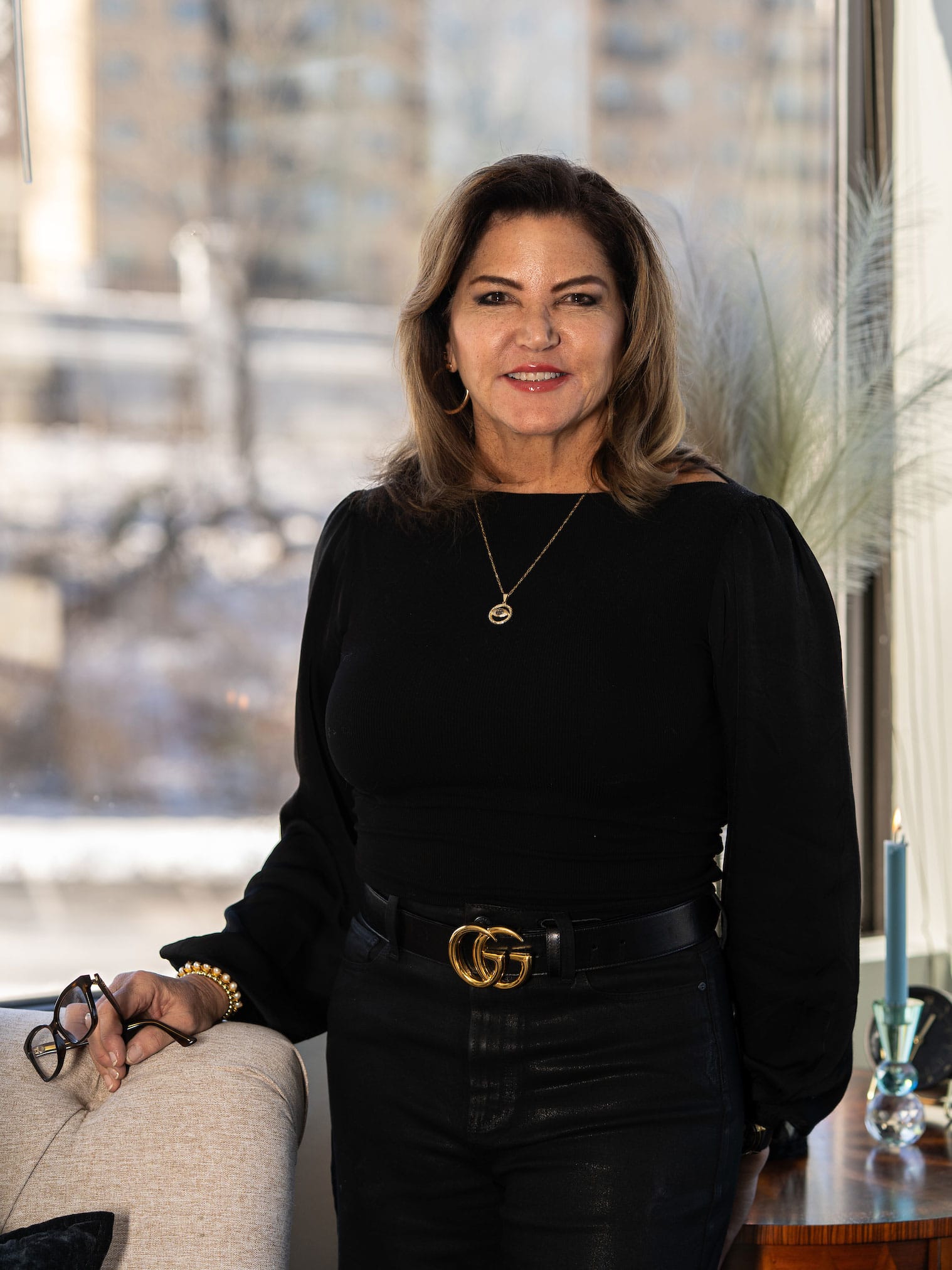 Ms. Batton received her Master of Science in Counseling and completed her post- graduate studies at Johns Hopkins University in Baltimore, Maryland. She completed her psychotherapy internship at Key Point Health Services, also in Baltimore, while treating severe and chronic mental health problems.
Ms. Batton received her Master of Science in Counseling and completed her post- graduate studies at Johns Hopkins University in Baltimore, Maryland. She completed her psychotherapy internship at Key Point Health Services, also in Baltimore, while treating severe and chronic mental health problems.
Ms. Batton is a graduate of the Behavior Therapy Institute of the International OCD Foundation. There she attended an intensive and specialized training program in State-of-the-Art cognitive-behavioral therapy for obsessive-compulsive disorder and obsessive-compulsive spectrum disorders (obsessive-compulsive & related disorders).
Ms. Batton completed over two years of advanced training as a post-graduate fellow at the nationally recognized Behavior Therapy Center of Greater Washington (BTC) where she specialized in the treatment of anxiety disorders from a cognitive behavioral perspective. At BTC, she provided individual, in vivo, group and intensive therapy for anxiety and a variety of clinical disorders. Ms. Batton played a key role in the development and expansion of the hoarding disorder program at BTC and participated in group and educational opportunities.
As a native resident of Baltimore, Andrea left BTC to work closer to home as an associate clinician at CBT Solutions of Baltimore, a private group practice located in the Lutherville/Towson area.
At CBT Solutions of Baltimore, Ms. Batton continued to specialize in the treatment of anxiety and related disorders for over 4 years. There she utilized the same treatment modalities as she did at BTC (individual, in vivo, group & intensive therapies), attended weekly peer case consultations, headed group therapy sessions, provided supervision and led presentations to educate Baltimore County school personnel on anxiety disorders in youth and to the general population, students, clinicians, sufferers, their friends & families on the nature of hoarding disorder at an event held at Towson University.
Currently, Ms. Batton is the director and practicing clinician at The Maryland Anxiety Treatment Center (MAC). While continuing to provide treatment for individuals suffering from anxiety, related disorders and depression, a further mission of MAC is to build awareness of such conditions and to end the associated stigma regarding mental health problems. Ms. Batton, actively serves on the board of and participates in events hosted by the OCD Mid-Atlantic, an official affiliate of the International OCD Foundation that serves the Maryland, DC & Virginia areas.
Andrea maintains her expertise in the treatment of anxiety & related disorders by attending and participating in frequent & regular professionally affiliated continuing education presentations and conferences, advanced training institutes and offering APA approved presentations to psychologists, licensed professional counselors and licensed clinical social workers in the areas of anxiety disorders and obsessive-compulsive spectrum disorders.
John Donahue, Psy.D | Clinical Associate
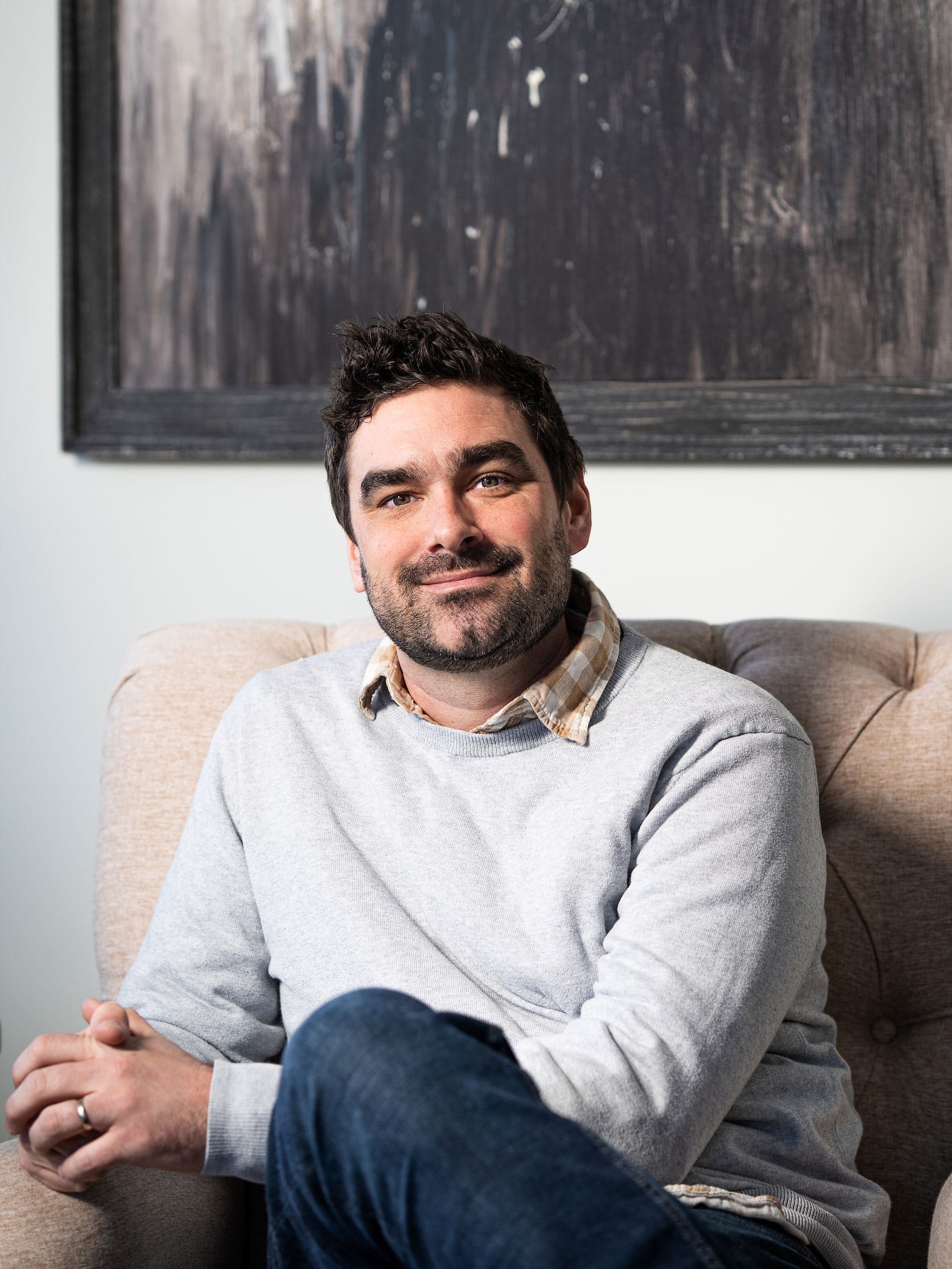 Dr. Donahue is a licensed clinical psychologist in the State of Maryland who specializes in anxiety and mood disorders, trauma-related disorders, and emotion regulation difficulties. He provides cognitive behavioral therapy (CBT) to adults, with a specific emphasis on mindfulness and acceptance-based approaches to problems in living. His practice philosophy is to work with clients in fostering greater awareness and tolerance of difficult thoughts and emotions while promoting behavior that is more in line with their values. At the first visit, clients can expect to collaborate with Dr. Donahue in assessing and understanding the issues that brought them into treatment. A treatment plan will be developed based on that understanding with regular progress monitoring occurring throughout the course of care.
Dr. Donahue is a licensed clinical psychologist in the State of Maryland who specializes in anxiety and mood disorders, trauma-related disorders, and emotion regulation difficulties. He provides cognitive behavioral therapy (CBT) to adults, with a specific emphasis on mindfulness and acceptance-based approaches to problems in living. His practice philosophy is to work with clients in fostering greater awareness and tolerance of difficult thoughts and emotions while promoting behavior that is more in line with their values. At the first visit, clients can expect to collaborate with Dr. Donahue in assessing and understanding the issues that brought them into treatment. A treatment plan will be developed based on that understanding with regular progress monitoring occurring throughout the course of care.
Dr. Donahue received a B.A. in psychology from Rutgers, The State University of New Jersey and a Psy.D. from La Salle University. He completed a predoctoral clinical internship at the Bureau of Prisons Federal Medical Center in Devens, MA and a postdoctoral fellowship in PTSD research and treatment at the Portland VA Medical Center. In addition to clinical practice, Dr. Donahue is presently an assistant professor at the University of Baltimore, where he teaches in the Division of Applied Behavioral Sciences, supervises counseling psychology graduate students, and conducts scholarly research.
Alexandra Wykowski, LCPC, PMH-C | Clinical Associate
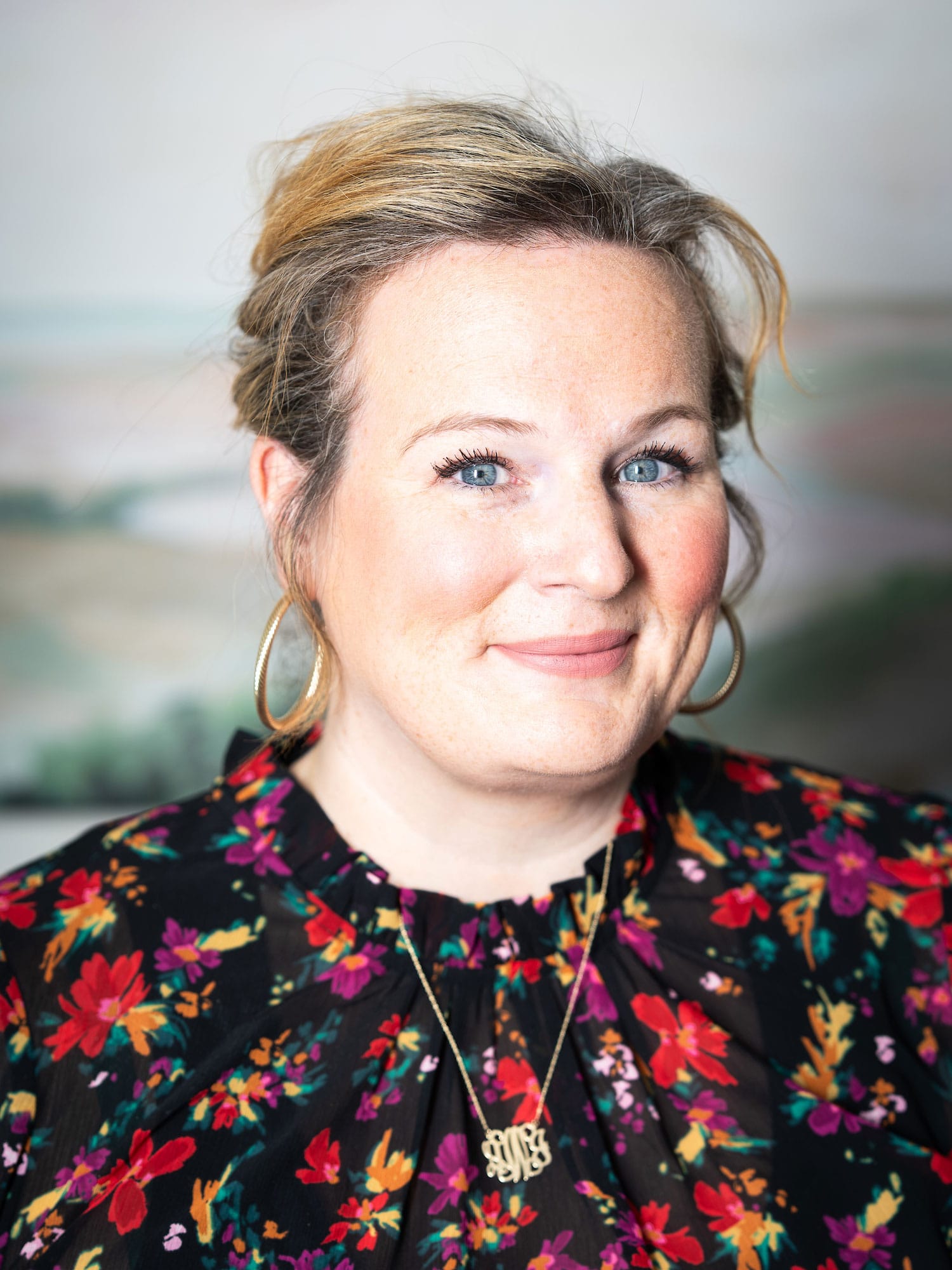 Alex has more than 15 years of experience working in the mental health field.
Alex has more than 15 years of experience working in the mental health field.
She received her Bachelor of Science degree from Western Connecticut State University in Psychology and her Master’s degree from Johns Hopkins University in Clinical Community Counseling. She has specialized training in and is certified in perinatal mental health from Postpartum Support International.
In addition to receiving intensive training in the treatment of anxiety disorders, obsessive-compulsive and trauma disorders, Alex is experienced in working with children, adolescents, transitional age youth, adults, and families. As a certified perinatal mental health specialist, she works with moms and dads dealing with perinatal mood and anxiety disorders, OCD and birth trauma.
Alex’s primary treatment approach is called Cognitive Behavior Therapy or CBT. This approach pays close attention to how thoughts, feelings, and physical sensations show up and how they drive a person’s decisions and behaviors. When someone is experiencing outcomes they don’t like, Alex works with them to identify the thoughts, feelings, and physical sensations that may be getting in the way. The goal is to find new behaviors that will result in better outcomes. CBT also has a strong emphasis on what’s called “skills training”. So we focus on helping someone who is struggling in their relationships by teaching more effective skills that they can use in their life. Other skills can include how to respond differently and more effectively when intense and difficult emotions show up. These skills are called “emotion regulation” skills.
Her approach to therapy includes that of a partnership between therapist and client. She uses a client’s own personal expertise, knowledge about their history, and personalized goals as a guide to helping clients achieve a level of mental wellness that they have been looking for. Alex’s approach is to treat the whole person, not just focus on symptom reduction.
“I no longer feared the darkness once I knew the phoenix inside me would rise from the ashes”
– William C. Hannan
Casey Anderson | LCPC, Clinical Associate
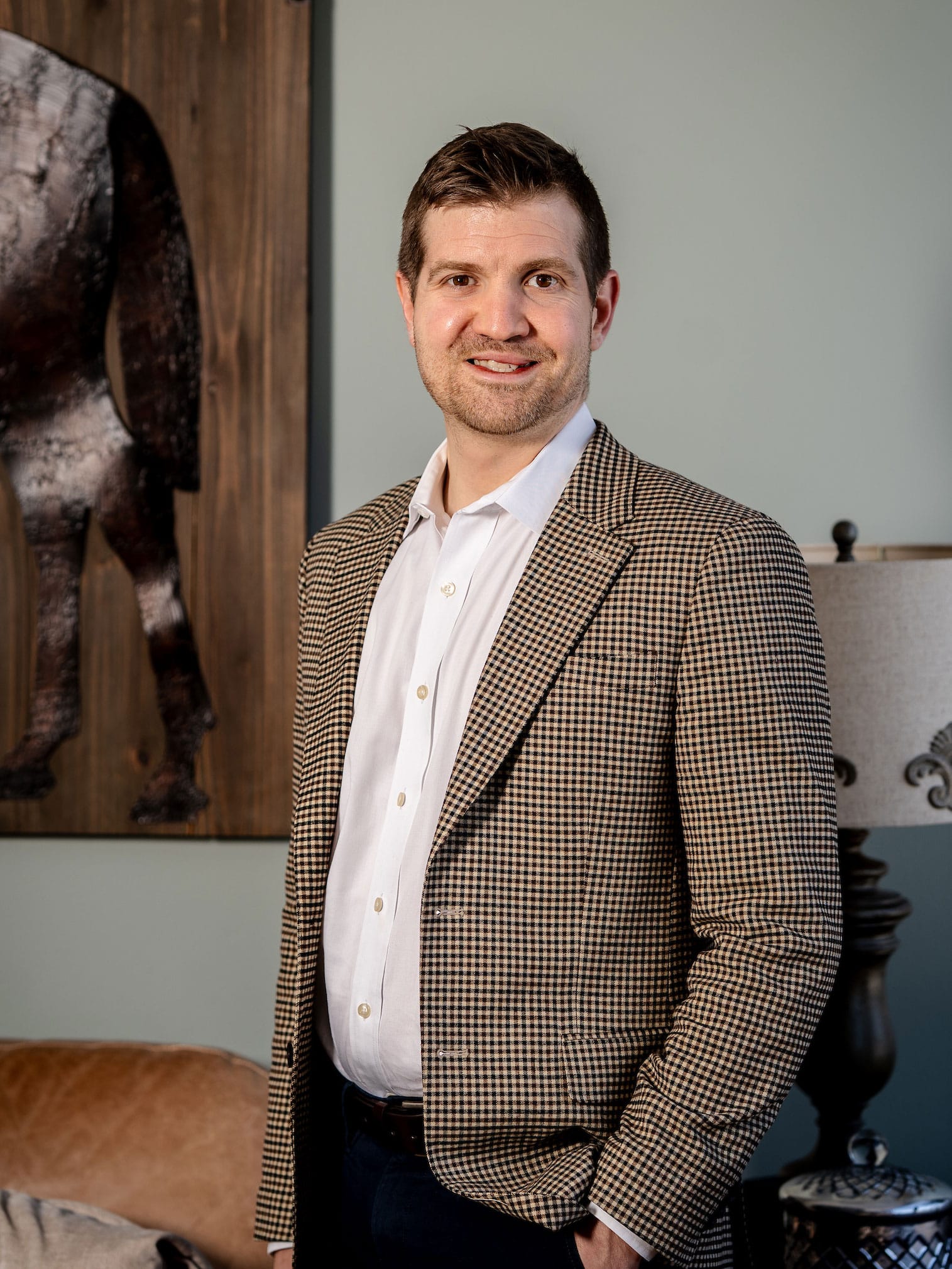 It is my number one goal to ease human suffering, and to support you in reaching your fullest aspirations. With me, you can expect a collaborative treatment approach that focuses on your goals, strengths, values, needs, and solutions that work. At times, my role might be educative – providing you and, when needed your family, with information related to anxiety and other concerns.
It is my number one goal to ease human suffering, and to support you in reaching your fullest aspirations. With me, you can expect a collaborative treatment approach that focuses on your goals, strengths, values, needs, and solutions that work. At times, my role might be educative – providing you and, when needed your family, with information related to anxiety and other concerns.
Treatment sessions with me start with setting a collaborative agenda, determining what are your most pressing current needs, working together to identify strategies that work, practicing new ways of coping, and how to transfer these solutions to other parts of your life such as home, work, or school. I truly believe in the uniqueness and individualism of all my clients and honor a culturally humble approach to treatment. Your feedback is incredibly important to the quality of treatment experiences, and I check in frequently with you about your satisfaction with progress you are making.
My treatment approach is influenced by several different approaches. One is called cognitive behavioral therapy or CBT. In this approach we look at how thoughts, feelings, and physical sensations show up sometimes in powerful ways that can dictate or direct our choices and our behavior. However, sometimes we don’t like the results of our behavior. We aren’t getting what we hoped for. In CBT, we go back and look at these tough situations, and we try to identify new and different ways you can respond that have better outcomes for you. Some of CBT involves learning new skills. Just like if you were to learn a new sport or a new language, some of what we would do in therapy is show you how to practice new skills so that you can move forward in your life the way you’d like to.
My approach is also influenced by “mindfulness” and “acceptance” approaches. Essentially, I will help you learn how to accept things can’t control, and learn new skills to change the things that are changeable. The goal is not to eliminate pain, but to decrease suffering.
Finally, I often work with clients who are the loved ones (parents, caregivers, spouses) of those individuals experiencing anxiety disorders, and emotional distress. Sometimes anxiety can become a “family affair” and I believe it is important to support those who may be affected by the suffering of their loved one.
About my professional background, I received my Master of Science in Clinical Psychology from Loyola University Maryland, and have worked in a range of treatment settings including outpatient clinics, nonpublic school placements, partial hospitalization programs, and private practice. I have worked with families at the Center for Child and Family Traumatic Stress at the Kennedy Krieger Institute. I am also a certified Cognitive Behavioral Therapist (CBT) through the Academy of Cognitive and Behavioral Therapies (A-CBT), and an adjunct professor at the Johns Hopkins University School of Education counseling program where I teach graduate coursework in cognitive behavioral therapy (CBT).
I received advanced training in Supportive Parenting for Anxious Childhood Emotions (SPACE) in addition to CBT for child/adolescent anxiety. Finally, I am a nationally certified Trauma Focused Cognitive Behavioral Therapist.
Christian Paulisich | Graduate Intern
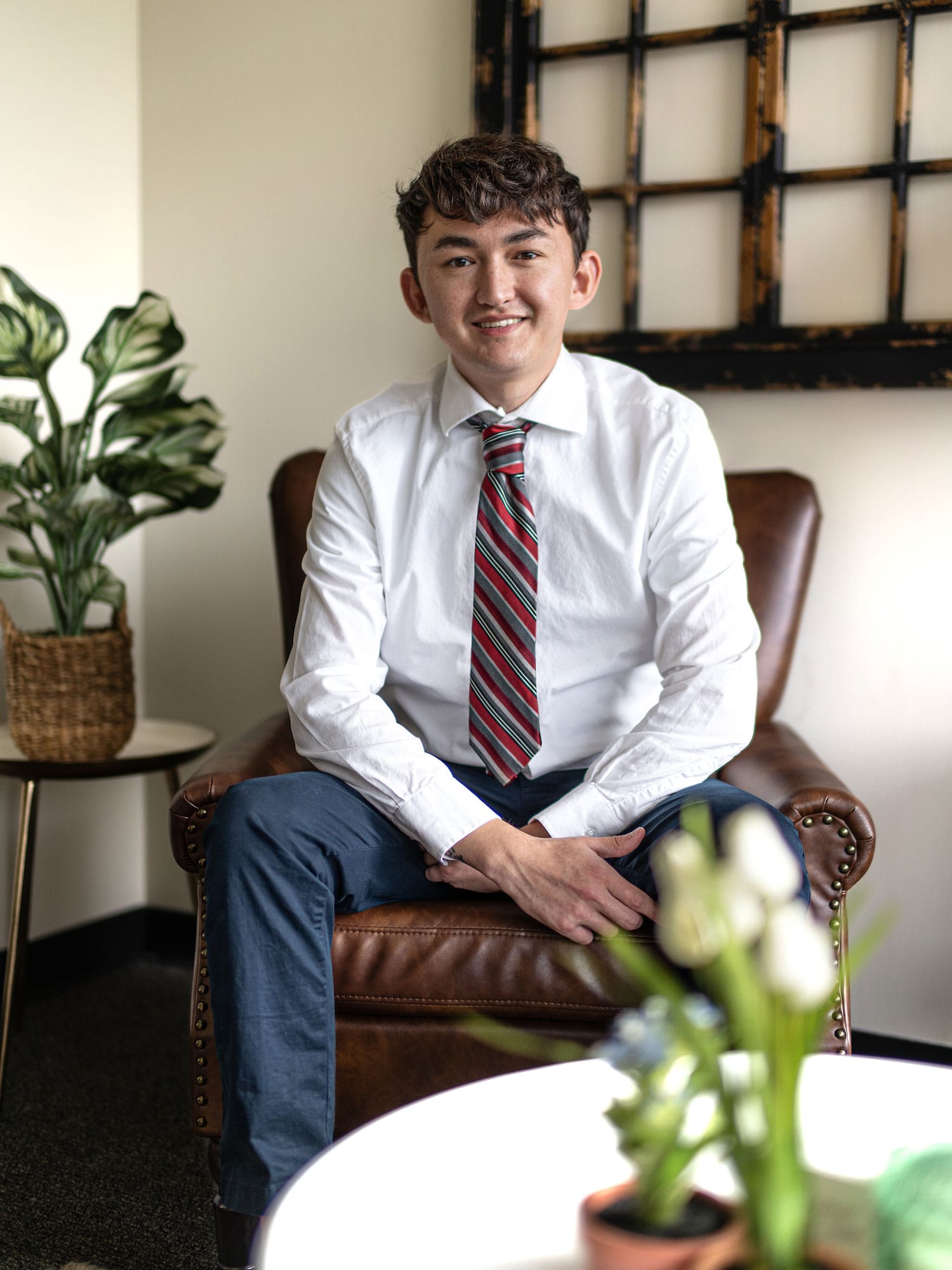
Christian is in his final year of the Masters program in Clinical Psychology at Towson University. He graduated from Johns Hopkins University with university honors where he received his B.A. in Psychology as well as a B.A. in Medicine, Science, and the Humanities. During his time at Hopkins, he was a Research Assistant at the Pediatric Burn Clinic at Johns Hopkins Hospital’s Bloomberg Children’s Center. As a therapist, Christian’s goal is to help children and adults improve their quality of life through compassionate, individualized care. His interest in studying OCD, PTSD, and anxiety disorders as well as his desire to be part of a warm, collaborative environment drew him to the Maryland Anxiety Center, where he would receive specialized training in research-based treatments.

